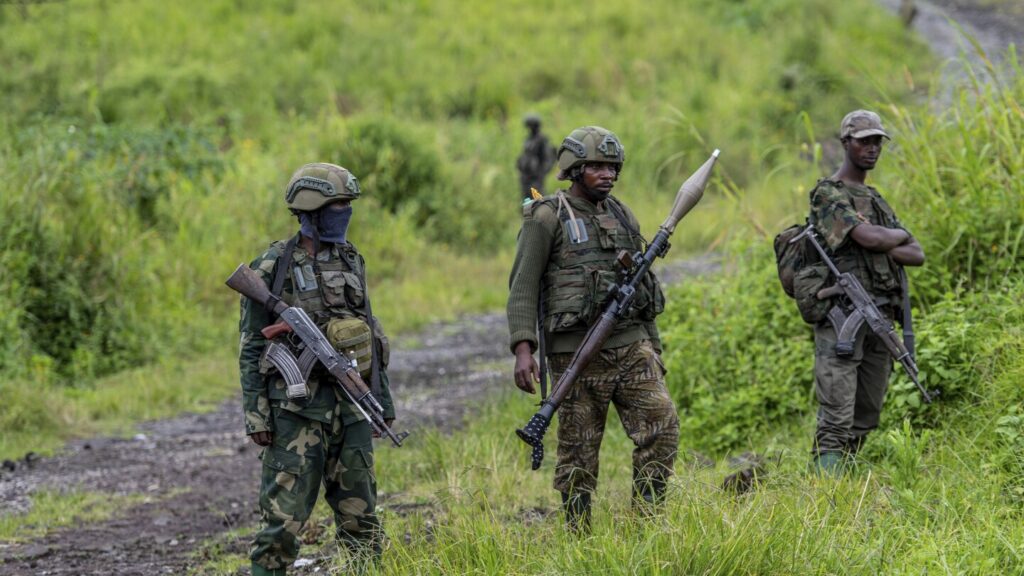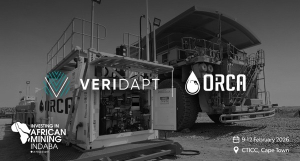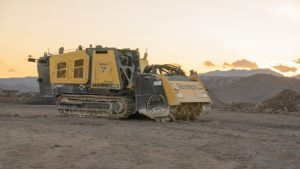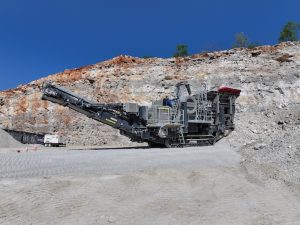A Chinese-backed mining company operating in the Democratic Republic of Congo (DRC) has accused the M23 rebel group of commandeering its gold mine and coercing workers to labor under dangerous and unpaid conditions.
Twangiza Mining SA, the operator of a major gold mining project in South Kivu province, claimed that rebel forces, believed to be affiliated with Rwandan interests, have unlawfully taken control of its facilities and are now exploiting its workforce.
A Rebel Takeover in South Kivu
Earlier this year, M23, a rebel movement that has been increasingly active in eastern Congo, launched a major military offensive across the provinces of North and South Kivu. The advance saw the group seizing a number of key locations, including Twangiza’s mining operation near the town of Mwenga. As government forces retreated, the mine fell into the hands of rebel combatants.
In May, the company halted all mining operations after what it described as “impractical and illegitimate” tax demands from the rebel authorities, who had declared themselves the new governing body in the area. The rebels accused Twangiza of tax evasion, a claim the company has denied.
Allegations of Modern-Day Slavery
In a press release made public this week, Twangiza Mining painted a grim picture of what has happened since the suspension. According to the statement, workers have been held against their will and are being compelled to continue mining activities without any pay or adequate safety protections.
“Our workers are essentially prisoners,” the company said. “They are being forced to operate machinery and maintain production under duress, without wages, without medical care, and without the basic rights afforded to employees under international labor standards.”
RELATED: AVZ Minerals prevails in legal dispute over Congo lithium mine
The company also claimed that a number of individuals, allegedly Rwandan nationals posing as investors, are involved in the forced operations. These individuals are said to be directly benefiting from the extraction of gold from the site.
Independent Verification Lacking
Despite the seriousness of the accusations, none of the claims have yet been independently verified. Local journalists have had limited access to the affected regions due to ongoing conflict, and international observers have not confirmed the situation on the ground.
The M23 rebel group has not issued a statement in response to the company’s allegations. Congolese government officials have also refrained from commenting, possibly due to the complex diplomatic and security situation.
Rwanda Denies Involvement
The accusations arrive at a time of heightened tension between Congo and Rwanda. The DRC has long accused its neighbor of backing M23, allegations that Kigali consistently denies.
Responding to questions about the mine, Rwandan government spokesperson Yolande Makolo said, “The Rwandan government has nothing to do with this mining operation. Any suggestion that our citizens are involved in forced labor at Twangiza is both false and defamatory.”
She went on to suggest that if there are indeed abuses occurring at the site, responsibility lies with local Congolese actors, not Rwandan nationals.
A Fragile Peace in the Works
While the allegations of forced labor cast a shadow over the region, there is a flicker of hope on the diplomatic front. In late June, representatives from both the Congolese and Rwandan governments signed a peace agreement brokered by U.S. officials. The deal includes commitments to de-escalate tensions, disarm rebel factions, and establish a monitoring mechanism to ensure compliance.
Still, analysts caution that the situation remains volatile. “Peace on paper doesn’t mean peace on the ground,” said Charles Muvumba, an expert on Great Lakes regional politics. “The involvement of mineral wealth and competing economic interests makes this a very complicated conflict to resolve.”







